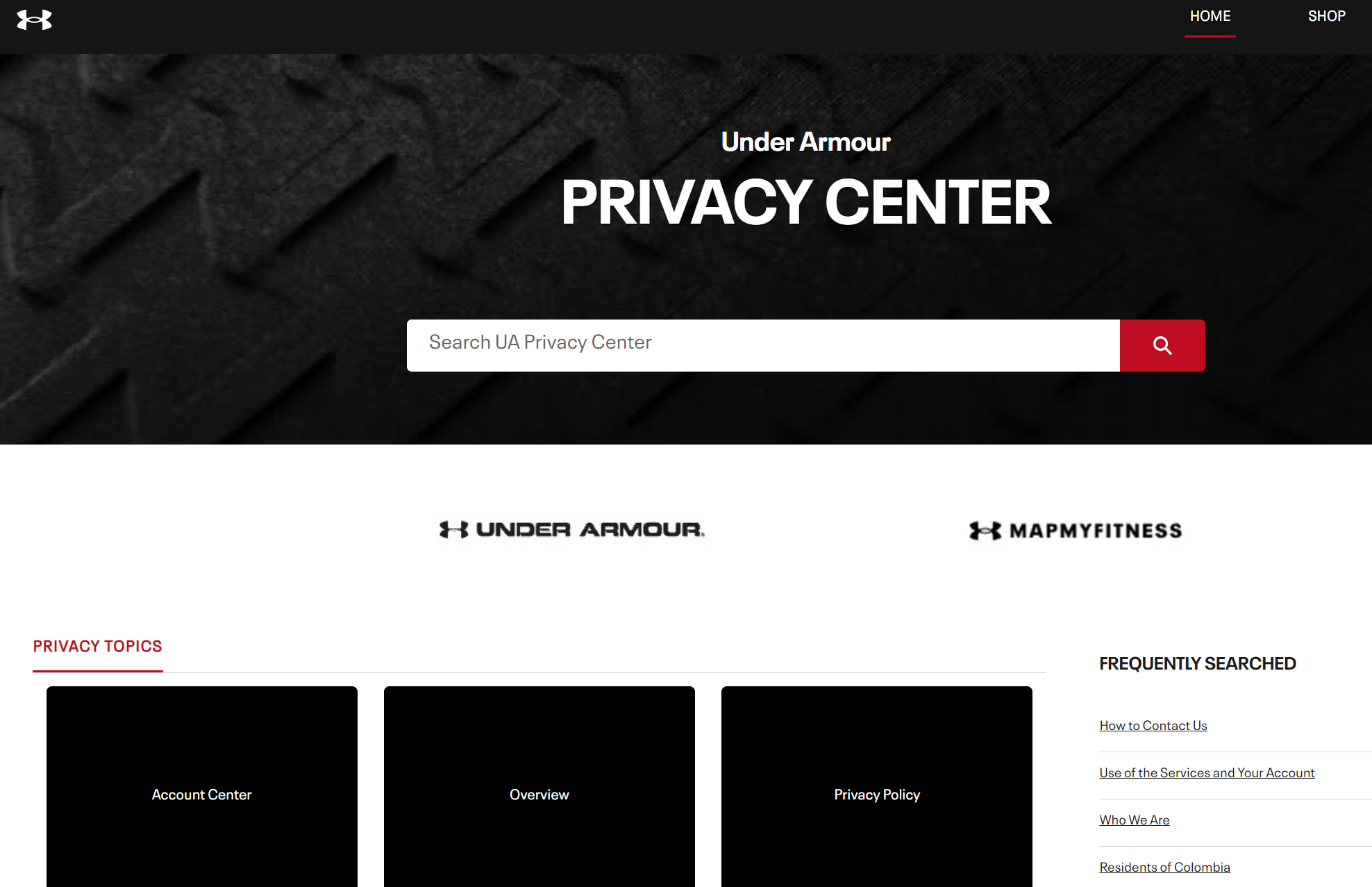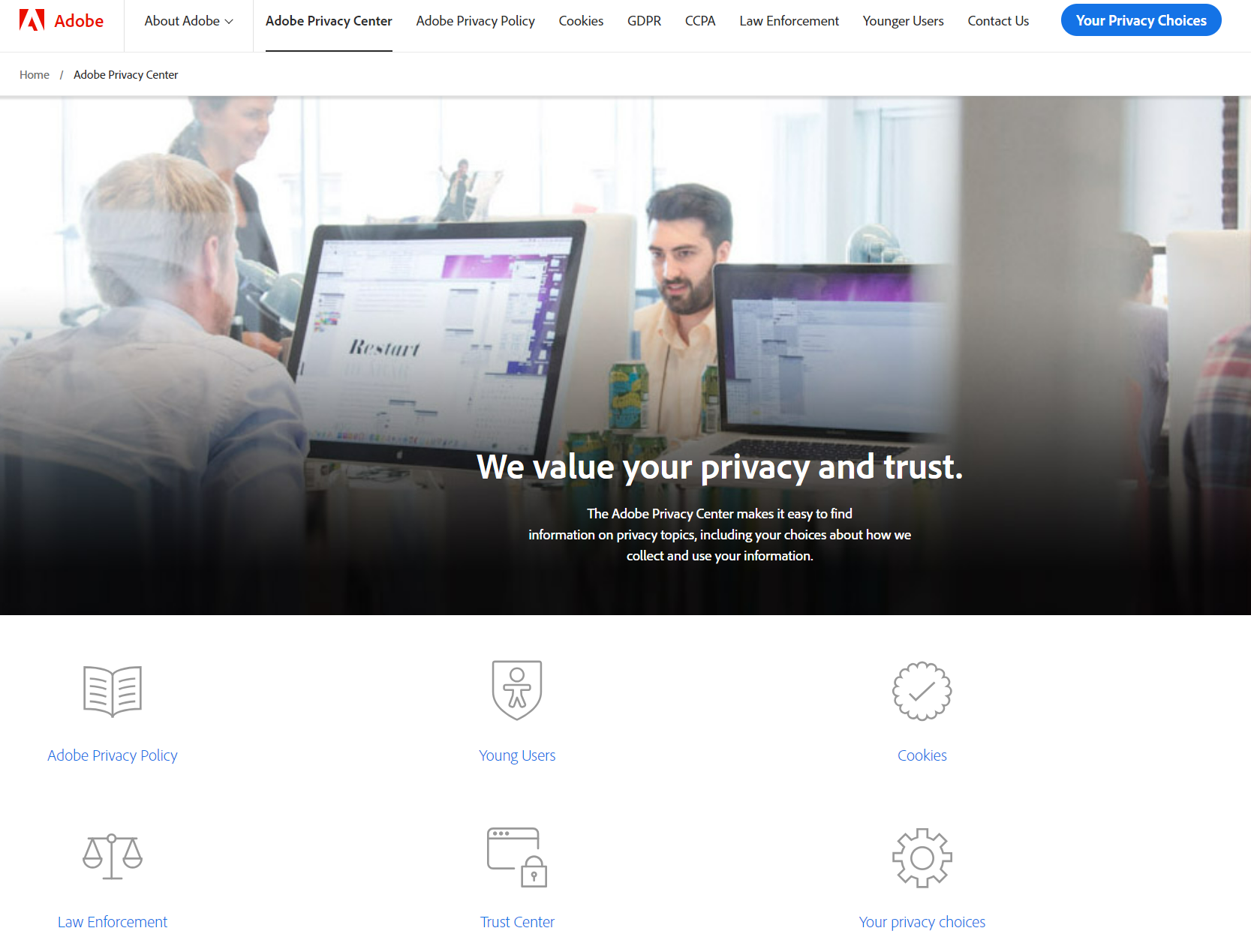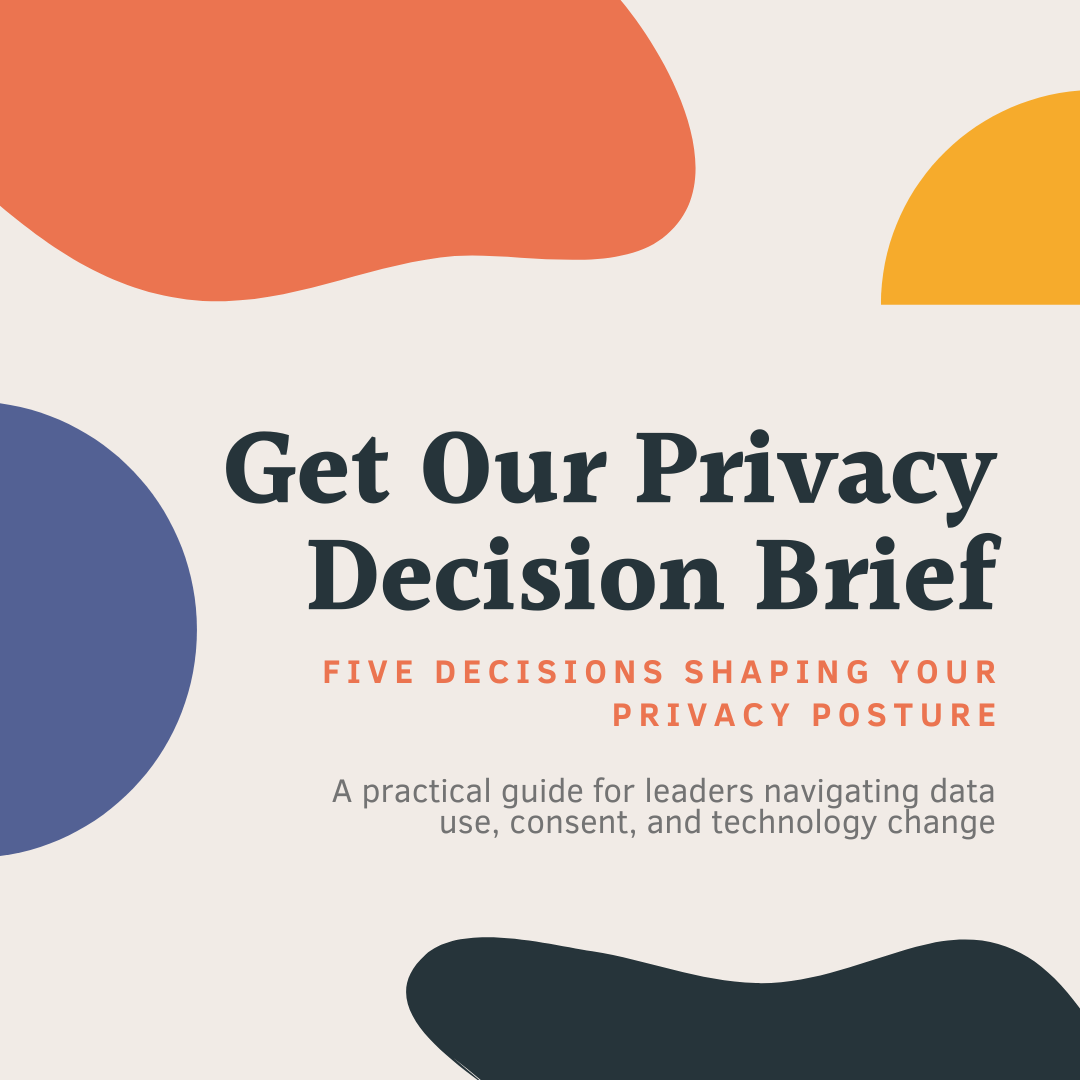Who Is Doing Privacy Well?
Jun 22, 2023The business case for investing in data privacy -- and promoting what you're doing to invest in it -- is clear:
- 72% of people feel that almost all of what they do online is being tracked, and 81% of that group say that the potential risks they face outweigh the benefits.
- 90% of consumers believe that the ways their data is treated reflects how they're treated as customers.
- The average organization is gaining $2.70 in associated benefits, including brand reputation and loyalty, for every $1 spent on privacy.
With all that said, I'm often asked who is doing privacy well. And the truth is, while many organizations might be doing privacy really well, not many of them are talking about it.
These are a few who are.
American Cancer Society is seeking to address privacy before legally required to and to understand what it means to their audiences. I'm working with the ACS team to build their approach to making their privacy opt-ins easily understandable for their audiences. In addition, they've prioritized this work by:
- Surveying their audiences about their privacy preferences so they understand what their constituents care about. Privacy can mean many things: Whether your concern is protecting your kids online, understanding what information the government can subpoena from companies you engage with, or simply maintaining a clean inbox, it's important to know who is on your file and what they think about privacy. This will help you frame your messaging approach.
- Utilizing tools like OneTrust to identify all of the areas and ways they’re collecting data and streamlining the process of keeping constituent information cleanly updated.
- Hired in-house privacy counsel to help lift up this work. This is one of the biggest gamechangers. Having an in-house resource to consistently prioritize data privacy and provide a customized POV is key.
- Consistently validating the consent status of their current file. Instead of assuming explicit consent for communication from their org, ACS has examined how people got onto their list -- and validated that they consented to be there.
Under Armour implemented encryption and firewalls and features a comprehensive Privacy Center on its site.
Adobe’s privacy center allows users to access privacy-related settings and review data collection and use choices using clear, concise language.

The truth is that many brands are still growing their approach to talking about this in a forthright way. Hopefully that will continue to change before the window to be a leader in this space closes.
